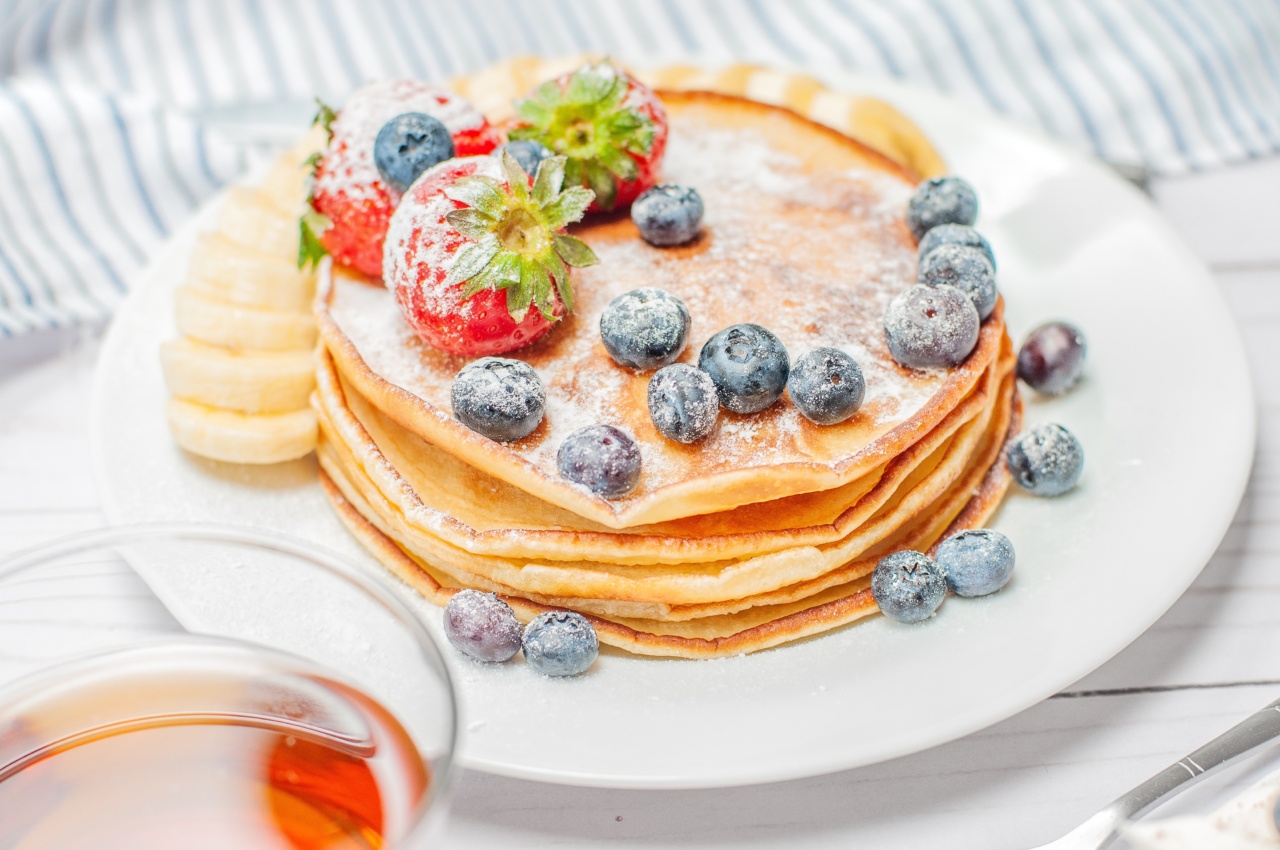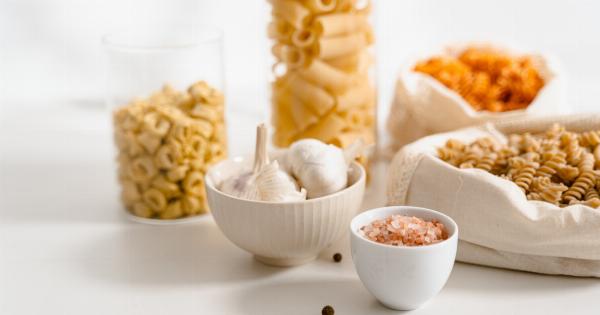Raw honey has been used for centuries as a natural sweetener and remedy for various health conditions. It is created by bees from the nectar of flowers and has a distinct taste and therapeutic properties.
While honey is known for its numerous health benefits, some individuals may wonder about its effects on blood sugar levels.
In this article, we will explore the relationship between raw honey and blood sugar, discussing its potential impacts and providing evidence-based information to help you make informed decisions about including raw honey in your diet.
What is blood sugar?
Blood sugar, also known as blood glucose, refers to the amount of sugar (glucose) present in your bloodstream. It is the primary source of energy for the body’s cells and is regulated by insulin, a hormone produced by the pancreas.
When we consume carbohydrates, such as those found in bread, pasta, and sugary foods, our bodies break them down into glucose. This glucose is then absorbed into the bloodstream, causing blood sugar levels to rise.
Insulin allows glucose to enter cells, where it can be used for energy or stored for later use.
The glycemic index and honey
The glycemic index (GI) is a scale that measures how quickly a carbohydrate-containing food raises blood sugar levels.
Foods with a high GI are rapidly digested and cause a sharp spike in blood sugar, while foods with a low GI are digested more slowly, resulting in a gradual increase in blood sugar.
Raw honey has a relatively high GI, averaging around 55-70, depending on various factors such as type and composition. This means that consuming raw honey can cause a moderate increase in blood sugar levels compared to other foods.
However, it’s important to note that the GI of a food is not the sole factor determining its impact on blood sugar.
The overall composition of the meal, portion size, other accompanying foods, and individual factors all play roles in blood sugar control.
Effects of raw honey on blood sugar levels
Despite its moderately high GI, raw honey has been found to have a different impact on blood sugar levels compared to refined sugar or high-GI carbohydrates. Several studies suggest that raw honey may have beneficial effects on blood sugar control.
1. Natural sugars and other beneficial components
Raw honey contains natural sugars like fructose and glucose, along with other components such as fiber, enzymes, antioxidants, and polyphenols.
These compounds are known to influence how the body metabolizes and absorbs sugars, potentially mitigating the rise in blood sugar levels.
Fiber, for example, slows down the absorption of glucose, reducing the risk of sudden spikes in blood sugar. Antioxidants and polyphenols found in honey have also been associated with improved blood sugar control.
Additionally, raw honey has a lower fructose content compared to many refined sweeteners, which may further contribute to its more favorable impact on blood sugar levels.
2. Glycemic load
The glycemic load (GL) takes into account the GI of a food and the portion size consumed, providing a more accurate representation of its impact on blood sugar levels.
While raw honey has a moderate GI, its glycemic load is relatively low due to its naturally occurring components.
The glycemic load considers both the quality and quantity of carbohydrates consumed, allowing for a more comprehensive understanding of how a particular food affects blood sugar.
By incorporating raw honey as part of a balanced meal, the overall glycemic load can be minimized, preventing significant spikes in blood sugar.
3. Insulin sensitivity
Insulin sensitivity refers to how efficiently your cells respond to insulin and absorb glucose from the bloodstream. Impaired insulin sensitivity can lead to elevated blood sugar levels and an increased risk of developing type 2 diabetes.
Some studies suggest that regular consumption of raw honey may improve insulin sensitivity.
A study published in the Journal of Medicinal Food found that participants who consumed honey for eight weeks experienced significant improvements in insulin sensitivity compared to those who consumed glucose.
Another study published in the International Journal of Food Sciences and Nutrition demonstrated that honey had a more favorable impact on insulin levels compared to regular sugar.
4. Manuka honey and its potential benefits
Manuka honey is a special type of honey derived from the nectar of the Manuka tree in New Zealand. It is known for its unique properties, including a high concentration of methylglyoxal (MGO), a compound with antimicrobial effects.
While research on Manuka honey and blood sugar control is limited, some studies suggest that Manuka honey may have additional benefits.
A study published in the journal BMC Complementary and Alternative Medicine found that regular consumption of Manuka honey led to positive changes in blood lipid profiles and antioxidant status in individuals at risk of cardiovascular disease.
Furthermore, preliminary research indicates that Manuka honey may have a lower impact on blood sugar levels compared to other types of honey, potentially making it a favorable choice for individuals concerned about their blood sugar control.
5. Portion control and moderation
Regardless of its potential benefits, it’s important to remember that honey, like any sweetener, should be consumed in moderation.
While raw honey may have a more favorable impact on blood sugar levels compared to refined sugar, excessive consumption can still lead to spikes in blood sugar.
It is recommended to include raw honey as part of a balanced diet while ensuring portion control. Choosing smaller portions and consuming honey alongside protein, fiber-rich foods, and healthy fats can help mitigate its effects on blood sugar.
Conclusion
Raw honey has a moderate glycemic index but may have different effects on blood sugar compared to refined sugar or high-GI carbohydrates.
Its natural sugars, along with the presence of beneficial components like fiber, antioxidants, and polyphenols, possibly contribute to its more favorable impact on blood sugar levels.
While raw honey can be included as part of a healthy diet, it is essential to practice portion control and consume it in moderation.
Additionally, individuals with specific conditions such as diabetes should consult with healthcare professionals before making any dietary changes.
Overall, raw honey can be a delicious and potentially beneficial addition to a balanced diet, but it is essential to consider individual circumstances and make informed choices about its use.




























